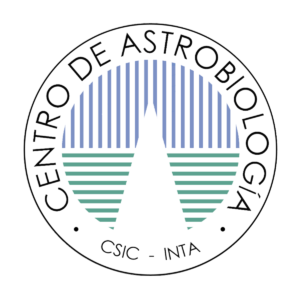The amount and complexity of data delivered by modern galaxy surveys has been steadily increasing over the past years. New facilities will soon provide imaging and spectra of hundreds of millions of galaxies. Extracting coherent scientific information from these large and multi-modal data sets is a new challenge for the community, and data driven approaches such as deep learning have rapidly emerged as a potentially powerful solution to some of these challenges. This enthusiasm is reflected in an unprecedented exponential growth of publications using neural networks, which have gone from a handful of works in 2015 to an average of one paper per week in 2021. In this talk, I will try to review what has been the real impact of this new technology for the analysis of deep surveys and its potential to solve key challenges raised by the size and complexity of the new datasets. I will summarize the main applications of deep learning for galaxy surveys that have emerged so far, extract the major achievements and lessons learned, and highlight key open questions and limitations, which in my opinion, will require particular attention in the coming years.
Esta web utiliza cookies para que podamos ofrecerte la mejor experiencia de usuario posible. La información de las cookies se almacena en tu navegador y realiza funciones tales como reconocerte cuando vuelves a nuestra web o ayudar a nuestro equipo a comprender qué secciones de la web encuentras más interesantes y útiles.






